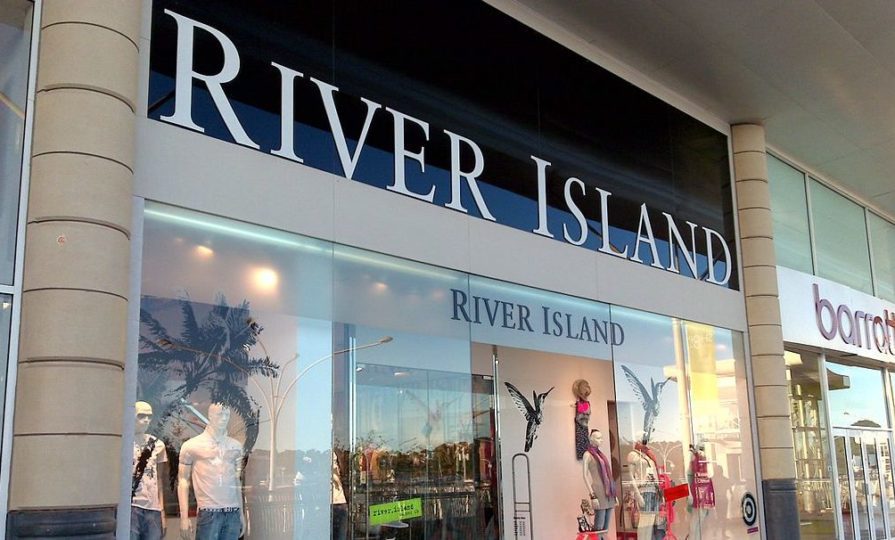River Island’s restructuring plan greenlit by High Court
It comes as River Island warned it would run out of money by the end of the month if it could not avoid payments to creditors

Register to get 1 free article
Reveal the article below by registering for our email newsletter.
Want unlimited access? View Plans
Already have an account? Sign in
A High Court judge has approved River Island’s plans to shutter 33 stores, cut rents on a further 71 shops and write off a series of debts in a bid to save the retailer from collapse.
It comes as River Island warned it would run out of money by the end of the month if it could not avoid payments to creditors.
Of the stores the retailer is not proposing to close, it will aim for three-year rent cuts of between 75% and 25%, with owners of 24 shops being asked to accept zero rental payments.
Previous reports said that not all creditor classes approved the restructuring plan, which meant the final approval relied on the judge’s ruling at the sanction hearing on Friday (8 August).
Around 80% of River Island’s creditors by value chose to support the plan in a vote held earlier this month. However, the retailer did not secure 75% of the vote in every individual class of creditor, with some landlords resisting the plans.
One of its landlords, British Land, reportedly hired law firm Hogan Lovells to scrutinise the rescue deal. The company is understood to have abstained on the River Island restructuring plan vote.
Commenting on the latest ruling, Ben Lewis, CEO of River Island said: “We are pleased that River Island’s restructuring plan has been approved by the High Court. We have a clear transformation strategy to ensure the long-term viability of the business, and this decision gives us a strong platform to deliver this.
“Recent improvements in our fashion offer and shopping experience are starting to show results, and the restructuring plan will enable us to align our store estate to our customers’ needs. We are grateful to our suppliers, landlords and other stakeholders for their constructive engagement and shared confidence in River Island’s future.”
Last year it was reported that River Island fell to a pre-tax loss of £32.2m in its full-year results, compared with a profit of £7.5m the prior year, while the retailer’s sales fell 15% to £701.5m.
It attributed its performance to increased competition, supply chain issues, and customers looking for “more diverse, convenient and speedier” shopping experiences.







